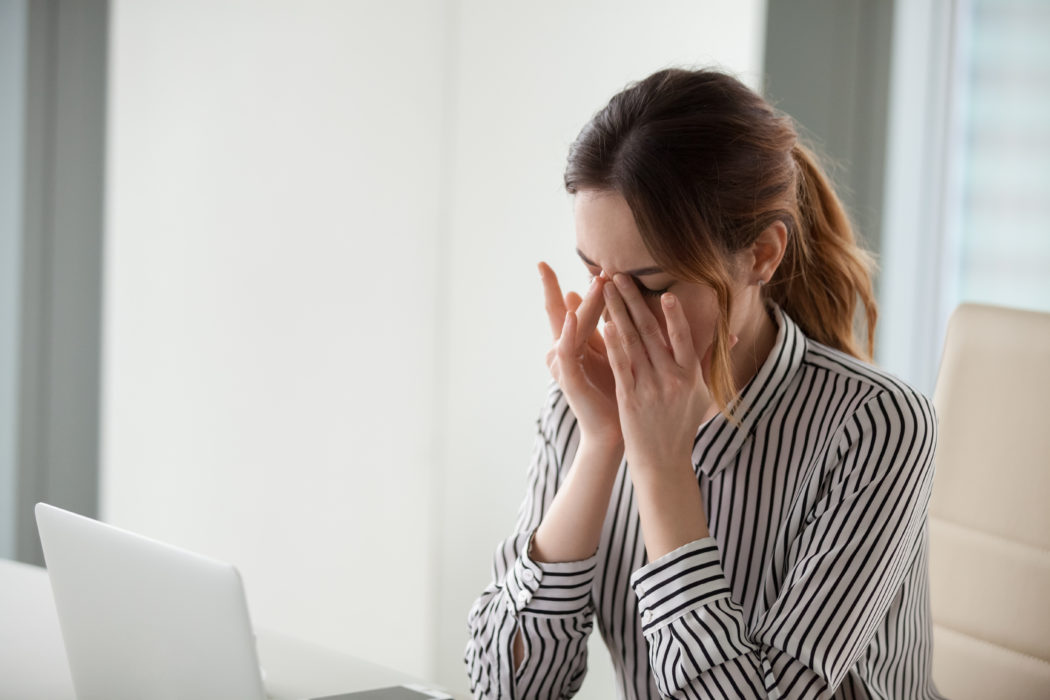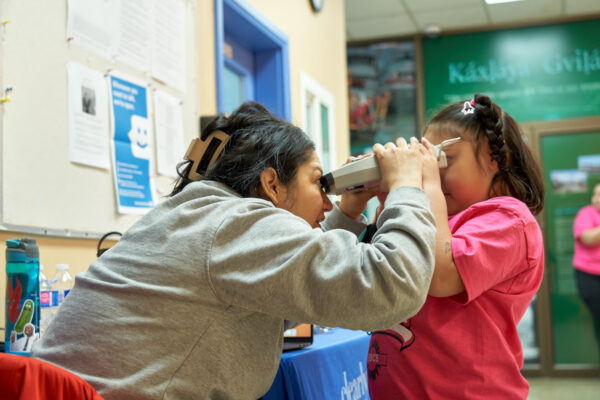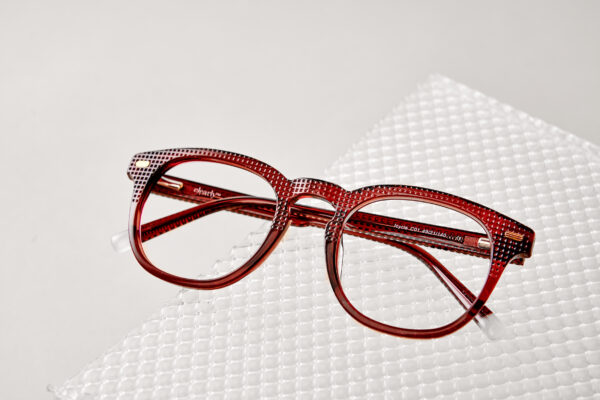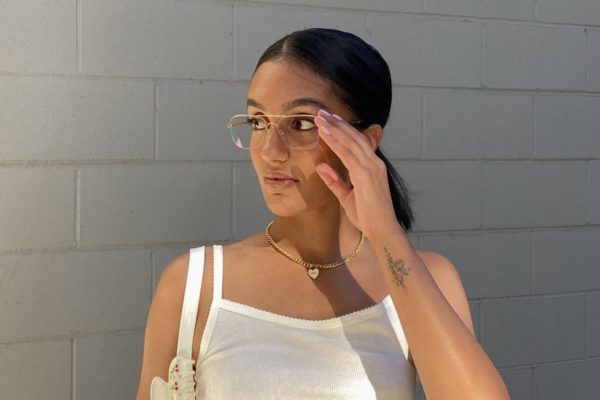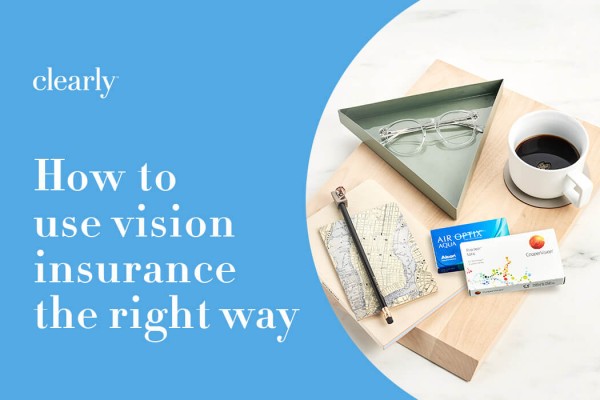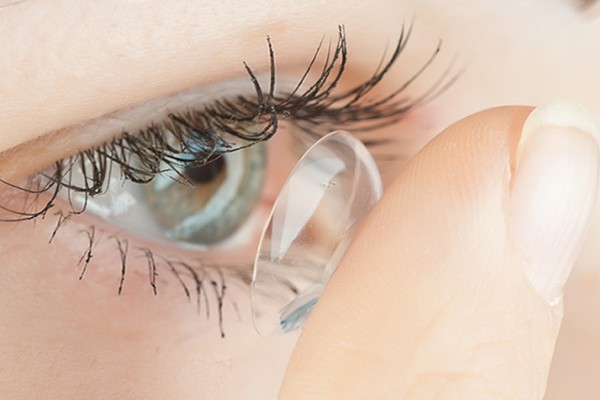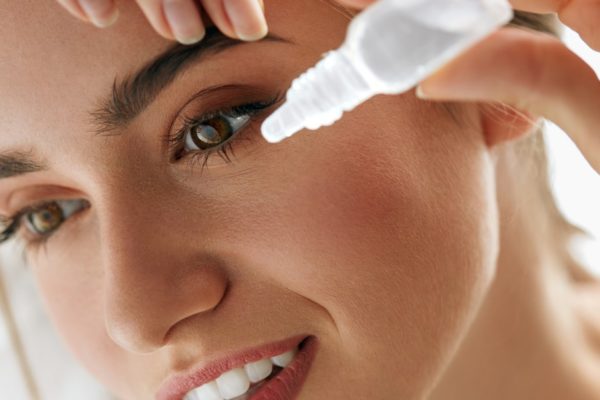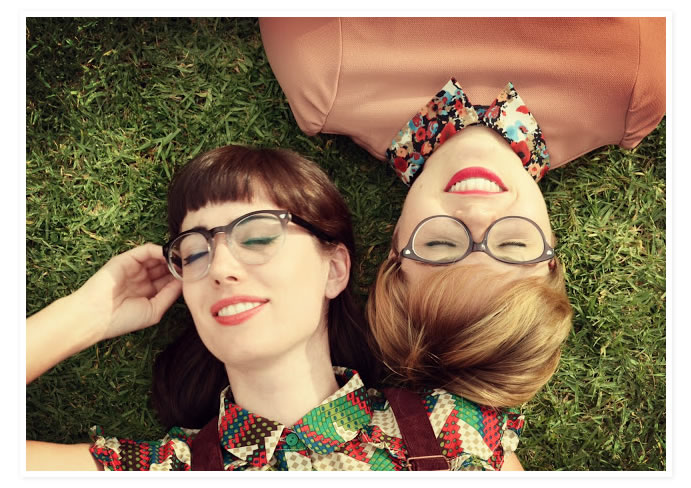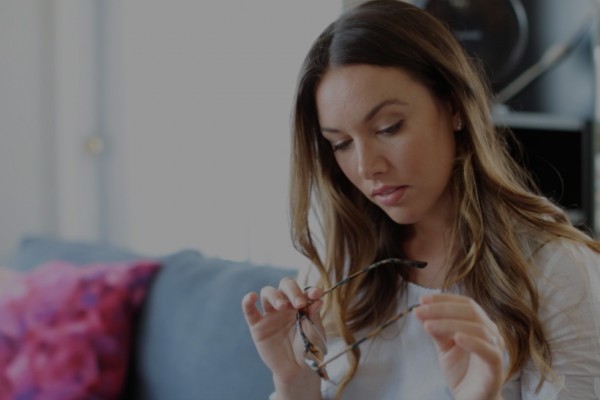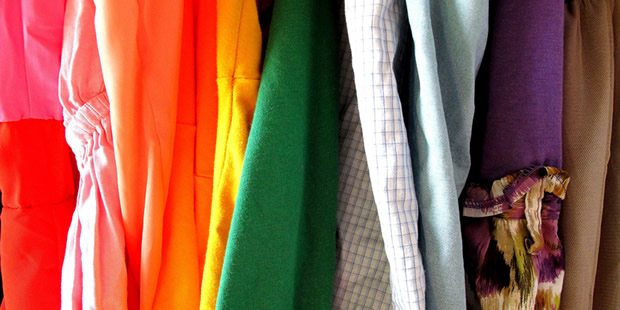This post is also available in:
![]() Français (French)
Français (French)
You know you’ve got a problem, but you can’t identify the underlying cause: you’re constantly rubbing your eyes because they’re dry, but are your contacts making your dry eyes worse?
You’ve been wearing them for so long at this point, it may seem impossible to remember life before contact lenses. Did your eyes bother you this much before you started wearing them? Do you just have naturally dry eyes?
Regardless, it is possible that your contacts are making the dryness worse. Before you can solve your dry contact issue, it’s important to understand the root of the problem.
Why are my eyes so dry?
There are several reasons you may struggle with dry eyes: you could be taking medication that has that side effect. You could be experiencing the aftereffects of an allergic reaction. As you get older, your eyes naturally become a little dryer.
You might also have dry eye syndrome (also known as dry eye disease or DED).
Dry eye syndrome is a condition that keeps your eyes from making their own moisture, and it’s more common than you might think. If you consistently feel irritation in your eyes due to dryness, talk to your eye doctor about dry eye syndrome.
If you do have dry eye syndrome but can’t imagine life without contact lenses, don’t worry: there are specific contacts and solutions designed to help ease dry eye discomfort, and we’ll go over those later on.
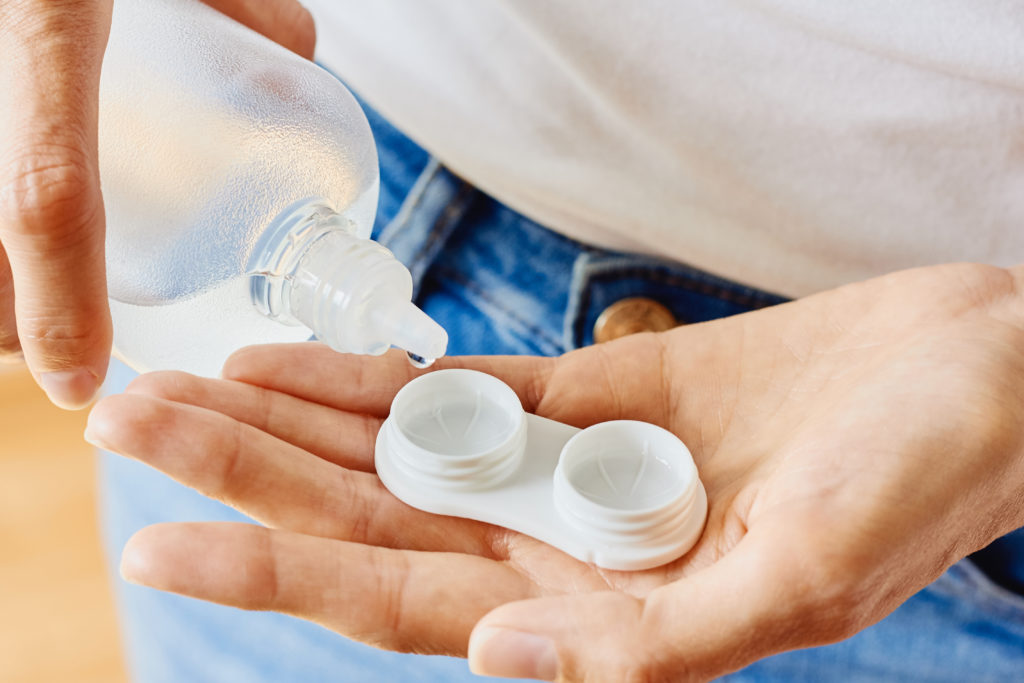
Why are my contacts always so dry?
If you only experience dryness in your eyes after wearing your contacts for a few hours, then you’re probably not letting your contacts soak in enough solution. Or worse, you’re letting them soak in old contact solution.
This can dry out your contacts, which will make them stiff and brittle and cause a lot of irritation when you wear them. And to make things worse, it’s also possible for dry contacts to scratch your corneas, so be sure to properly moisturize your contacts before putting them in.
It’s also feasible that you’re asking the wrong question — you believe your contacts are causing the dryness when, in fact, your eyes were already dry to begin with. If so, or if you have DED, then your contacts could very well be making your dry eye condition worse.
3 reasons contacts may make dry eye symptoms worse
What is it about contacts that seem to worsen dry eye conditions?
1. Wearing contact lenses makes you blink less. You automatically blink less when staring at blue light (which you’re doing right now — consider this a reminder to do your 20/20/20 exercise), and believe it or not, you blink even less if you’re staring at screens while wearing contacts. Blinking resets the moisture in your eye. If you have dry eyes, blinking less can cause even greater irritation.
2. Contact lenses can trap dust and tiny particles. For people with normal moisture production in their eyes, they can simply blink away an eyelash or anything else that falls into their eyes. But contacts make this a bit more difficult.
If your eyes feel dry and irritated, your contacts may have sealed in some unwelcome debris and no amount of blinking is going to untrap it.
3. Contacts require you to touch your eyes. If you’re not conscious of what’s on your hands when you reach up to adjust or remove your contacts, you could be transferring germs or allergens that can cause irritation, dryness and other side effects.
Best contacts for dry eyes
If you wear contacts regularly and you have dry eye syndrome, it’s likely that you deal with discomfort on a daily basis. But it doesn’t have to be that way.
Switching to a different contact lens brand — one that offers greater moisture retention and increased oxygen flow — can give your eyes some relief. These contact lenses can create a more welcoming environment for moisture:
The thing most of these contacts have in common is that they’re designed to be thrown away within a shorter time span than the usual 30-day contact lens cycle.
Are you using the right contact lenses for dry eyes? If you’re not sure which contacts are right for you, talk to your eye doctor. They will help you find the brand that’s most suitable for you – from contacts and solutions to eye drops and vitamins.

